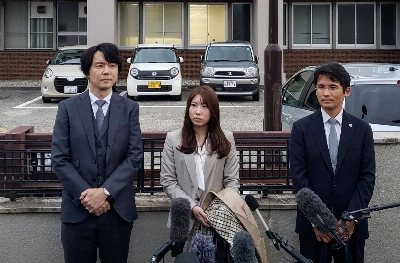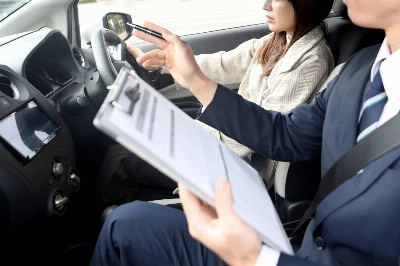It's a seasonal phenomenon in Japan: lines of cars 40-km long and more clogging expressways; super- jammed shinkansen terminals and airports; and hot-spring resorts besieged by visitors crammed cheek to cheek in the steaming baths, imo-arai-style (literally, "washing potatoes in a bucket").
Consequently, for untold millions, so-called Golden Week — a period spanning late April to early May in which several national holidays fall — is not a glittering experience at all. Just as nightmarish for many vacationers in Japan are the Bon holidays in mid-August, and those at New Year's, when hordes of people hit the roads, rails and airports to visit families or jet away to tourist meccas, both domestic and overseas. And sure enough, the law of supply and demand being what it is, prices for accommodation and transportation also hit exhorbitant highs at these peak times. The net result is that many people return from their breaks exhausted, impoverished — and desperately in need of a holiday.
But all this could soon be a thing of the past. The new government that swept to power promising big changes last August is seriously considering ways to facilitate people traveling at more evenly spaced times throughout the year — saying that this alone would boost the travel and hospitality industries by ¥15 trillion and create 1.8 million new jobs.


















With your current subscription plan you can comment on stories. However, before writing your first comment, please create a display name in the Profile section of your subscriber account page.